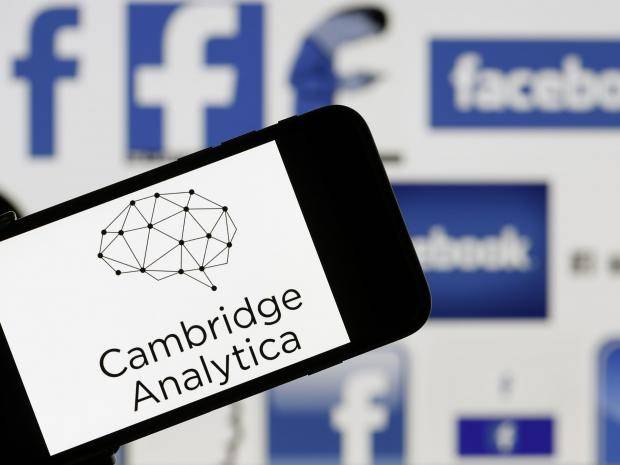Facebook - Cambridge Analytica Scandal Something That You Should Be Afraid Of?
by Pranjal Kaushiley Content Writer
Facebook’s role in the 2016 US election grew more complicated this past weekend when bombshell reports in The New York Times and The Guardian revealed the extent to which London-based data mining and analytics firm Cambridge Analytica misused user data from as many as 50 million Facebook users.
The recently revealed Facebook data “breach” that allowed Cambridge Analytica to get access to millions of
The data were obtained from Cambridge psychology professor Aleksandr Kogan and given to the affiliated
After days of prodding by the media, Mark Zuckerberg offered a mea culpa,
But there is one group of people who are mostly unsurprised by these revelations: the market researchers and digital marketers who have known about (and in many cases, used) these tactics for years. I was one of them (or rather a lackey to one of them).
I recently overheard a conversation at the local tea stall where people were discussing the lack of development in my huge country because all politicians are uneducated and morons (pardon my French). If only they knew the half of it. There is a reason why these so-called uneducated politicians are in power and the common honest man who thought about stepping into politics after watching too many patriotic movies faded into oblivion without anyone noticing.
The reason being these great and powerful political personas
This brings us to the question of what the social role of digital intelligence means for the future of democracy. Elections play a vital role in a robust democracy. We seek to safeguard their free and fair nature through regulations that impose restrictions on exit polls or call out parties for unduly influencing voters through the distribution of freebies. Wouldn’t then, a nudging of voters through intimate knowledge of their
Can we allow the replacement of the will of the people by a market democracy in which the masses can be gamed? How should the Election Commission take due cognizance of and address such mass-scale manipulation?
Beyond electoral fairness, there are severe repercussions for the sanctity of the public sphere in the rapidly unfolding role of algorithms. When people know that online
However, if this Facebook Cambridge Analytica scandal has one easy explanation and precaution for us it is that we are far too dependant on our smartphones and social media platforms without even knowing what we are putting out there for the world. Facebook collects all kinds of social data about its users, like their relationship status, place of work, colleagues, last time they visited their parents, songs they like listening to, as well as other kinds of information such as device data, websites visited from the platform, etc. This may be information that is shared by the user or what their friends may share about them on the platform.
That aside, let us not forget that Facebook has bought over WhatsApp and Instagram and can tap into data from those platforms as well, apart from the data it buys from data brokers!
Many digital corporations, including
The news that Facebook shared user data with a number of organizations, including Cambridge Analytica seems to reflect the paradox of surveillance society — that our data is never safe, but share it we must.
Sponsor Ads
Created on Mar 26th 2018 05:45. Viewed 607 times.




